[Anchor]
China, which has completely suspended imports of Japanese seafood since the release of contaminated water from the Fukushima nuclear power plant, has partially resumed imports.
This is interpreted as part of its strategy towards the United States.
KBS correspondent Kim Hyo-shin reports from Beijing.
[Report]
This is Beijing's largest seafood import market.
Since the release of contaminated water from Japan's Fukushima nuclear power plant in August 2023, imports of Japanese seafood have been completely banned and have disappeared from the market.
After 1 year and 10 months of restrictions, Chinese authorities have allowed the resumption of imports of Japanese seafood and have begun related procedures.
[Seafood vendor/voice altered: "(When will Japanese seafood come in?) Not yet. It will take a month or two."]
The explanation from Chinese authorities is that long-term observations and inspection results have shown no abnormalities.
Seafood from 10 prefectures and regions in Japan, including Fukushima Prefecture, has been excluded from this resumption.
Until the import ban in 2022, China was the largest importer of Japanese seafood, accounting for 42% of its exports.
In monetary terms, this amounted to 810 billion won, which had been blocked from export.
This recent action by China is interpreted as a move to strengthen relations with neighboring countries, including Japan, which is an ally of the United States.
[Moon Il-hyun/Adjunct Professor, China University of Political Science and Law: "Japan is currently under strong tariff pressure from the United States, and it seems that both China and Japan see the need to pressure the U.S. through mutual relationship improvement."]
Japan, which has been actively working towards the 'resumption of seafood exports' to China by holding high-level economic talks until March of this year, welcomed this development significantly.
Recently, China has also sent signals of improving relations by quickly agreeing to expedite rare earth export reviews to the European Union.
This is Kim Hyo-shin from KBS News in Beijing.
China, which has completely suspended imports of Japanese seafood since the release of contaminated water from the Fukushima nuclear power plant, has partially resumed imports.
This is interpreted as part of its strategy towards the United States.
KBS correspondent Kim Hyo-shin reports from Beijing.
[Report]
This is Beijing's largest seafood import market.
Since the release of contaminated water from Japan's Fukushima nuclear power plant in August 2023, imports of Japanese seafood have been completely banned and have disappeared from the market.
After 1 year and 10 months of restrictions, Chinese authorities have allowed the resumption of imports of Japanese seafood and have begun related procedures.
[Seafood vendor/voice altered: "(When will Japanese seafood come in?) Not yet. It will take a month or two."]
The explanation from Chinese authorities is that long-term observations and inspection results have shown no abnormalities.
Seafood from 10 prefectures and regions in Japan, including Fukushima Prefecture, has been excluded from this resumption.
Until the import ban in 2022, China was the largest importer of Japanese seafood, accounting for 42% of its exports.
In monetary terms, this amounted to 810 billion won, which had been blocked from export.
This recent action by China is interpreted as a move to strengthen relations with neighboring countries, including Japan, which is an ally of the United States.
[Moon Il-hyun/Adjunct Professor, China University of Political Science and Law: "Japan is currently under strong tariff pressure from the United States, and it seems that both China and Japan see the need to pressure the U.S. through mutual relationship improvement."]
Japan, which has been actively working towards the 'resumption of seafood exports' to China by holding high-level economic talks until March of this year, welcomed this development significantly.
Recently, China has also sent signals of improving relations by quickly agreeing to expedite rare earth export reviews to the European Union.
This is Kim Hyo-shin from KBS News in Beijing.
■ 제보하기
▷ 카카오톡 : 'KBS제보' 검색, 채널 추가
▷ 전화 : 02-781-1234, 4444
▷ 이메일 : kbs1234@kbs.co.kr
▷ 유튜브, 네이버, 카카오에서도 KBS뉴스를 구독해주세요!
- China lifts seafood ban
-
- 입력 2025-07-01 01:21:40
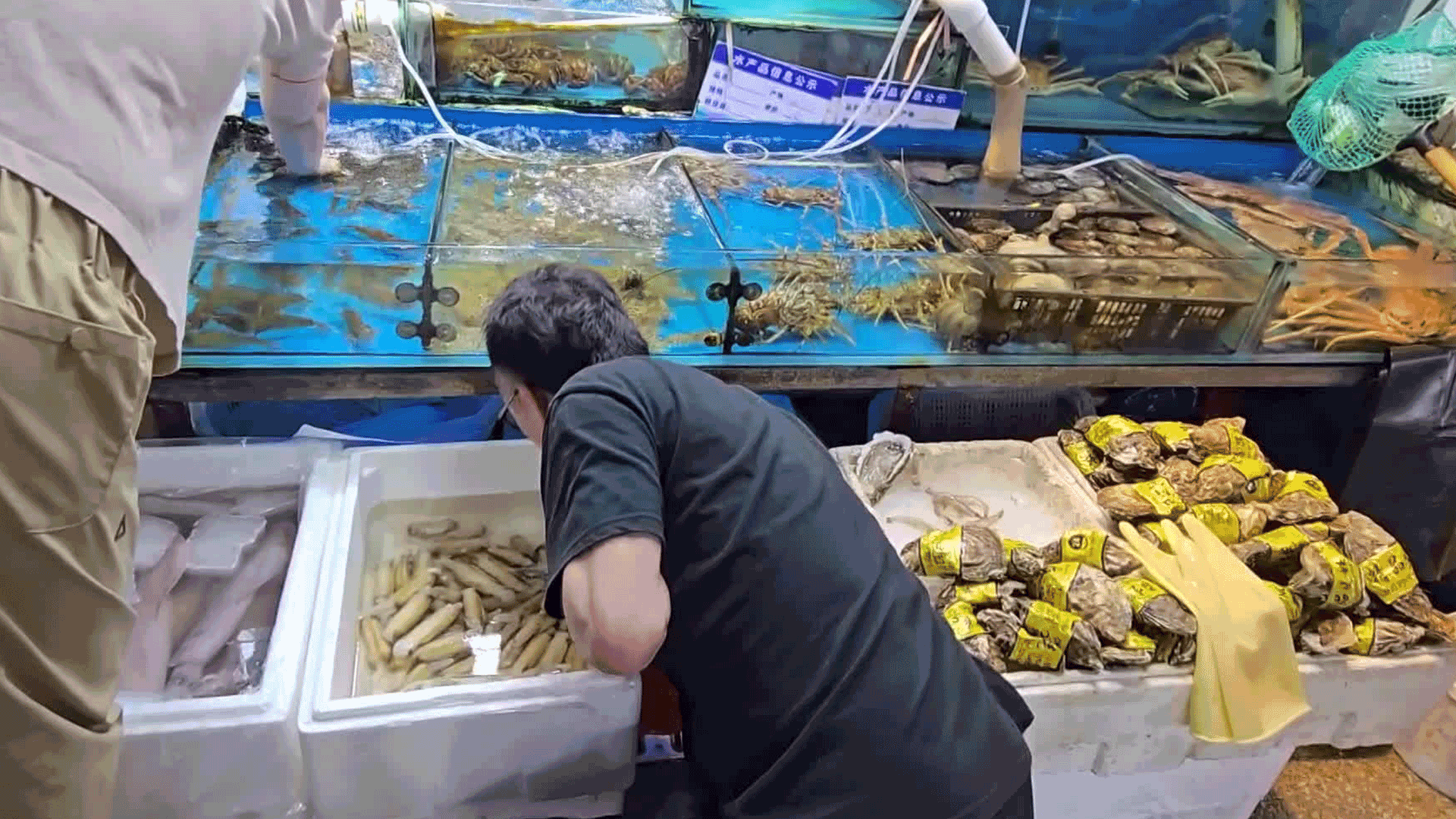
[Anchor]
China, which has completely suspended imports of Japanese seafood since the release of contaminated water from the Fukushima nuclear power plant, has partially resumed imports.
This is interpreted as part of its strategy towards the United States.
KBS correspondent Kim Hyo-shin reports from Beijing.
[Report]
This is Beijing's largest seafood import market.
Since the release of contaminated water from Japan's Fukushima nuclear power plant in August 2023, imports of Japanese seafood have been completely banned and have disappeared from the market.
After 1 year and 10 months of restrictions, Chinese authorities have allowed the resumption of imports of Japanese seafood and have begun related procedures.
[Seafood vendor/voice altered: "(When will Japanese seafood come in?) Not yet. It will take a month or two."]
The explanation from Chinese authorities is that long-term observations and inspection results have shown no abnormalities.
Seafood from 10 prefectures and regions in Japan, including Fukushima Prefecture, has been excluded from this resumption.
Until the import ban in 2022, China was the largest importer of Japanese seafood, accounting for 42% of its exports.
In monetary terms, this amounted to 810 billion won, which had been blocked from export.
This recent action by China is interpreted as a move to strengthen relations with neighboring countries, including Japan, which is an ally of the United States.
[Moon Il-hyun/Adjunct Professor, China University of Political Science and Law: "Japan is currently under strong tariff pressure from the United States, and it seems that both China and Japan see the need to pressure the U.S. through mutual relationship improvement."]
Japan, which has been actively working towards the 'resumption of seafood exports' to China by holding high-level economic talks until March of this year, welcomed this development significantly.
Recently, China has also sent signals of improving relations by quickly agreeing to expedite rare earth export reviews to the European Union.
This is Kim Hyo-shin from KBS News in Beijing.
China, which has completely suspended imports of Japanese seafood since the release of contaminated water from the Fukushima nuclear power plant, has partially resumed imports.
This is interpreted as part of its strategy towards the United States.
KBS correspondent Kim Hyo-shin reports from Beijing.
[Report]
This is Beijing's largest seafood import market.
Since the release of contaminated water from Japan's Fukushima nuclear power plant in August 2023, imports of Japanese seafood have been completely banned and have disappeared from the market.
After 1 year and 10 months of restrictions, Chinese authorities have allowed the resumption of imports of Japanese seafood and have begun related procedures.
[Seafood vendor/voice altered: "(When will Japanese seafood come in?) Not yet. It will take a month or two."]
The explanation from Chinese authorities is that long-term observations and inspection results have shown no abnormalities.
Seafood from 10 prefectures and regions in Japan, including Fukushima Prefecture, has been excluded from this resumption.
Until the import ban in 2022, China was the largest importer of Japanese seafood, accounting for 42% of its exports.
In monetary terms, this amounted to 810 billion won, which had been blocked from export.
This recent action by China is interpreted as a move to strengthen relations with neighboring countries, including Japan, which is an ally of the United States.
[Moon Il-hyun/Adjunct Professor, China University of Political Science and Law: "Japan is currently under strong tariff pressure from the United States, and it seems that both China and Japan see the need to pressure the U.S. through mutual relationship improvement."]
Japan, which has been actively working towards the 'resumption of seafood exports' to China by holding high-level economic talks until March of this year, welcomed this development significantly.
Recently, China has also sent signals of improving relations by quickly agreeing to expedite rare earth export reviews to the European Union.
This is Kim Hyo-shin from KBS News in Beijing.
-
-

김효신 기자 shiny33@kbs.co.kr
김효신 기자의 기사 모음
-
이 기사가 좋으셨다면
-
좋아요
0
-
응원해요
0
-
후속 원해요
0










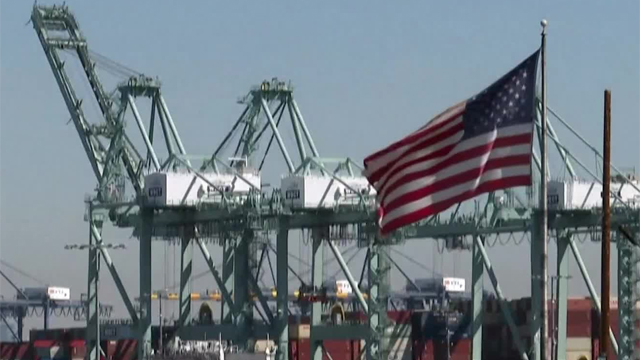
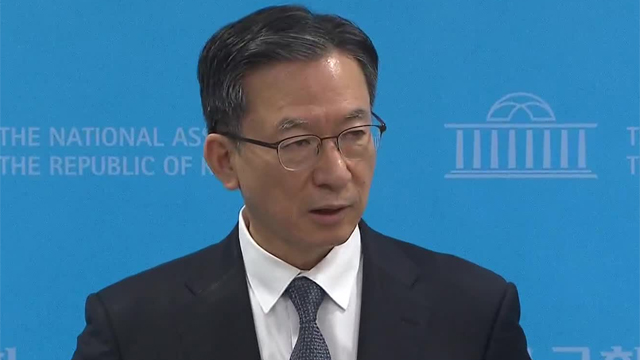
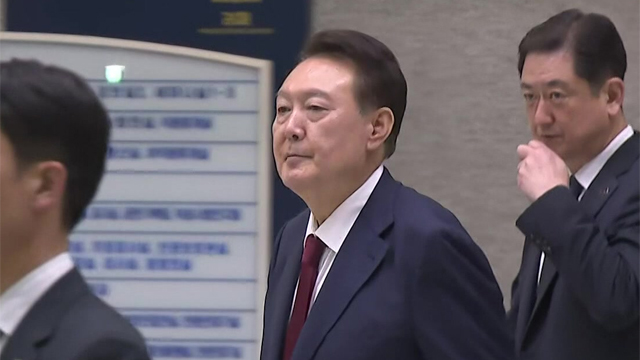
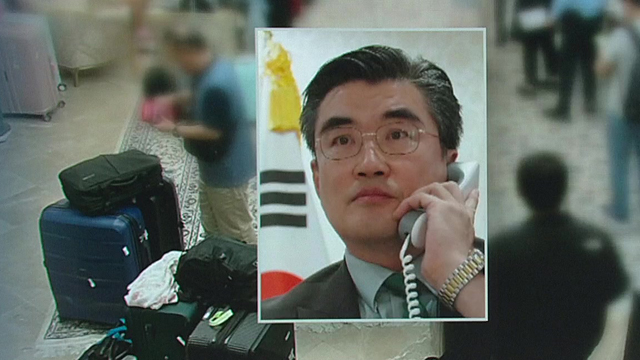

이 기사에 대한 의견을 남겨주세요.